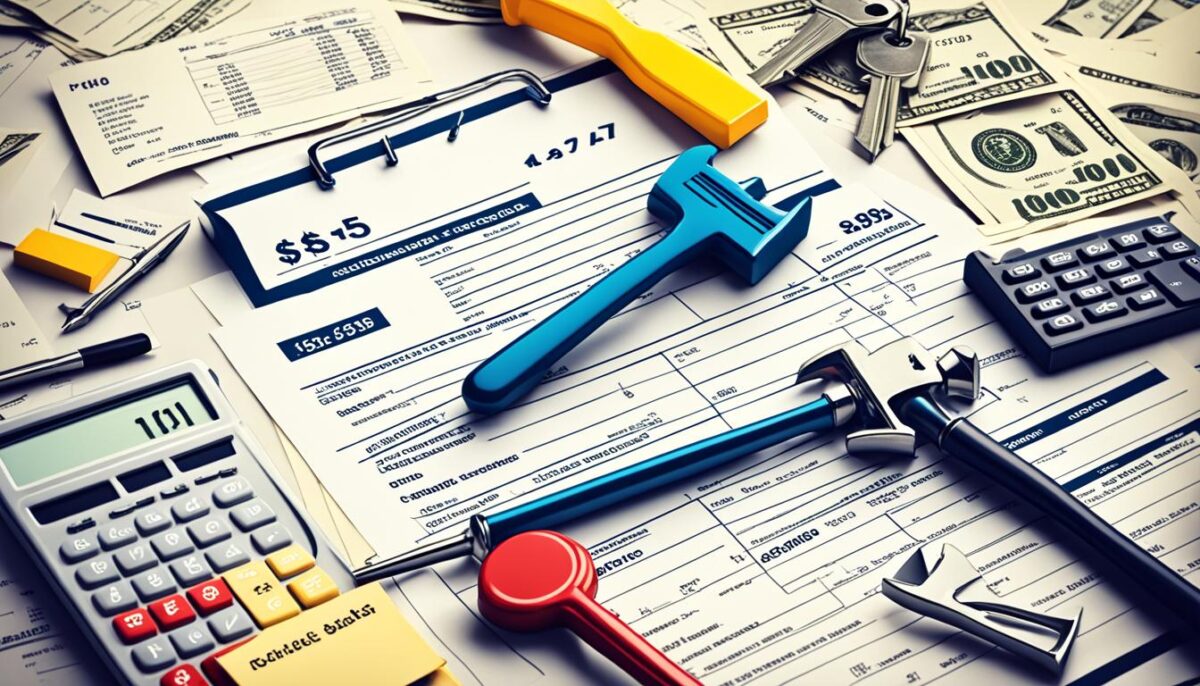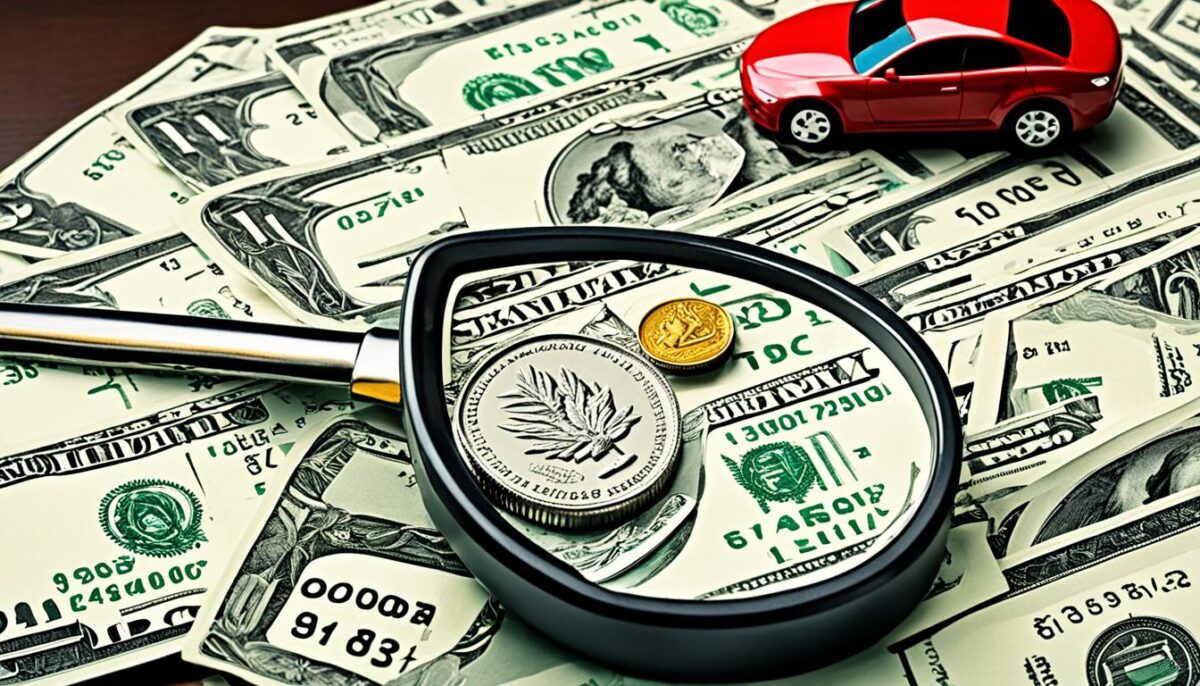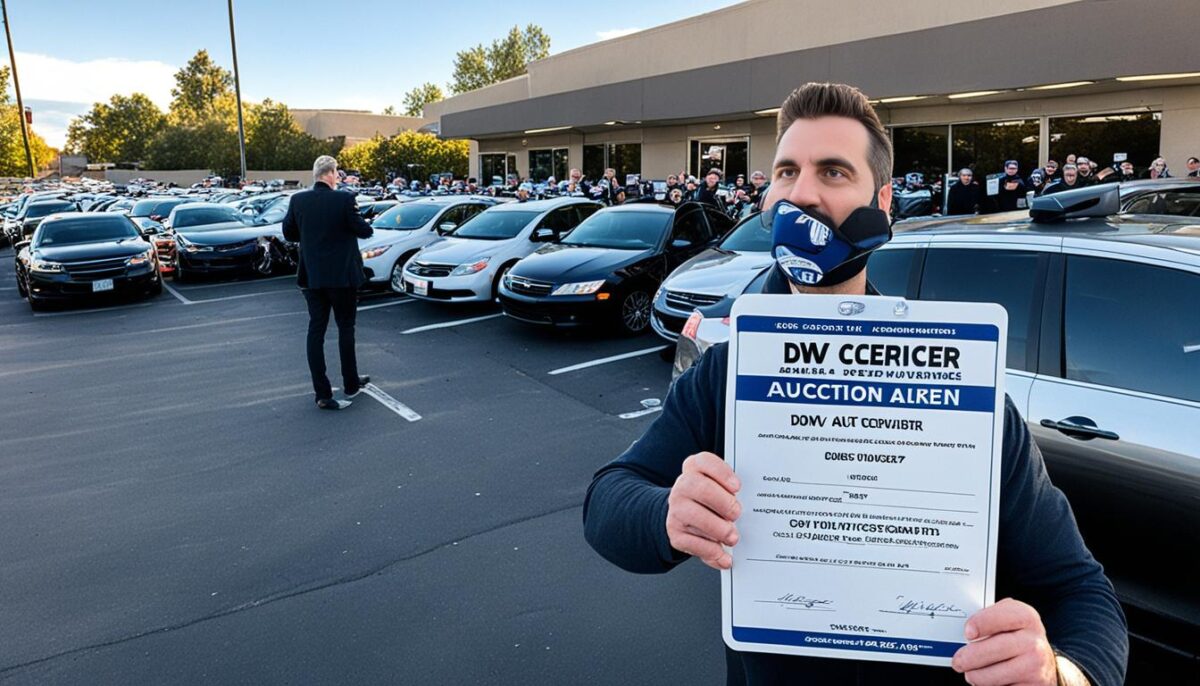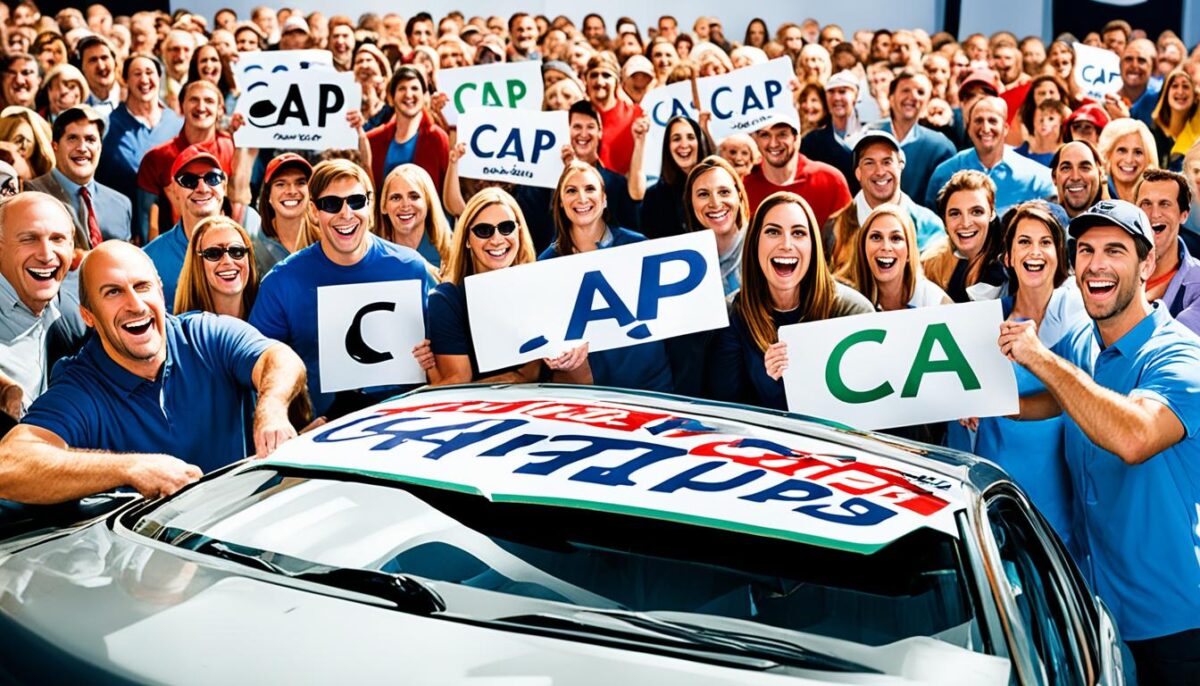When attending a car auction, having a clear understanding of how much money to bring is essential. As you prepare to bid on your dream vehicle, it’s crucial to consider the various costs associated with the auction process. This article will guide you through the key factors to consider when budgeting for a car auction, ensuring you’re equipped with the necessary funds to make an informed and successful purchase.
From auction fees and taxes to potential repair and maintenance expenses, we’ll explore the financial aspects of the car auction experience. By addressing these considerations upfront, you can better manage your budget and make a confident decision that aligns with your financial goals. Whether you’re a seasoned auction enthusiast or a first-time buyer, this information will empower you to navigate the car auction landscape with a well-planned budget in hand.
Understanding Car Auction Buying Costs
When purchasing a vehicle at a car auction, the final price tag often extends beyond the hammer price. To budget effectively, it’s crucial to understand the various fees and taxes that can add significantly to the overall cost. Additionally, estimating potential repair and maintenance expenses is key to ensuring you don’t end up with an unexpectedly high investment.
Factoring in Auction Fees and Taxes
Car auction fees can vary depending on the specific auction house, but they typically range from 5% to 20% of the hammer price. These fees are designed to cover the auction’s operational costs and services. Furthermore, you’ll need to account for any applicable state or local taxes, which can add another 5% to 10% to the final price.
To illustrate, let’s say you win a bid for a car at $10,000. If the auction house charges a 10% fee and the applicable taxes are 8%, the total cost you’ll need to pay would be $11,800 ($10,000 + $1,000 in fees + $800 in taxes).
Estimating Vehicle Repair and Maintenance Expenses
One of the challenges of purchasing a vehicle at an auction is that you may not have the opportunity to thoroughly inspect it beforehand. As a result, it’s crucial to factor in potential repair and maintenance costs when budgeting for your purchase. Depending on the vehicle’s age and condition, these expenses can range from a few hundred dollars to several thousand.
To get a better estimate, consider the following:
- Researching common issues and repair costs for the make and model of the vehicle
- Inspecting the vehicle as thoroughly as possible during the auction preview
- Obtaining a pre-purchase inspection from a trusted mechanic, if possible
By taking the time to understand the full scope of car auction buying costs, you can make more informed decisions and avoid unpleasant surprises down the road. Careful budgeting and planning will help ensure you get the best value for your money.

| Auction Fees | Tax Rates |
|---|---|
| 5% – 20% of hammer price | 5% – 10% of total cost |
How Much Money Car Auction
When attending a car auction, it’s crucial to have a well-defined budget in mind. The amount of money you should bring can vary depending on the specific vehicle you’re interested in and the additional costs involved. As a general guideline, it’s recommended to have a budget that’s 20-30% higher than the expected hammer price to account for fees, taxes, and potential repairs.
This ensures you have sufficient funds to complete the purchase and address any post-auction needs that may arise. Let’s explore the typical car auction costs and how to determine the right amount of money to bring to the event.
Understanding the Average Car Auction Budget
The average car auction budget can be influenced by several factors, including the type of vehicle, its condition, and the specific auction venue. According to industry data, the typical cost to purchase a vehicle at a car auction can range from as low as $5,000 to as high as $50,000 or more, depending on the car’s make, model, and overall condition.
In addition to the hammer price, buyers should also factor in the following expenses:
- Auction fees: These can range from 5-20% of the hammer price, depending on the auction house.
- Sales tax: The amount of sales tax can vary by location, typically ranging from 6-10% of the total purchase price.
- Potential repair and maintenance costs: Depending on the vehicle’s condition, buyers should set aside funds for any necessary repairs or maintenance to ensure the car is road-worthy.
By considering these additional costs, you can better determine the overall budget needed to purchase a car at a car auction.
Estimating the Total Car Auction Costs
To estimate the total car auction costs, follow these steps:
- Determine the expected hammer price for the vehicle you’re interested in. Research similar models and their recent auction sale prices to get a ballpark figure.
- Add 20-30% to the hammer price to account for fees, taxes, and potential repairs. This will give you a realistic total budget to work with.
- Be prepared to have access to the full budgeted amount, as you’ll need to pay the auction house immediately after winning the bid.
By planning ahead and understanding the typical car auction costs, you can ensure you bring the right amount of money to the auction and make a successful purchase within your budget.
“Budgeting for a car auction requires careful consideration of all the associated costs, not just the hammer price. By accounting for fees, taxes, and potential repairs, you can avoid any unpleasant surprises and make a confident purchase.”
| Expense | Typical Range |
|---|---|
| Hammer Price | $5,000 – $50,000+ |
| Auction Fees | 5% – 20% of Hammer Price |
| Sales Tax | 6% – 10% of Total Purchase Price |
| Repair/Maintenance Costs | Varies based on Vehicle Condition |
Budgeting Strategies for Car Auctions
Developing a solid budgeting strategy is crucial for success when attending a car auction. One key step in this process is to set a maximum bid limit for the vehicle you’re interested in, taking into account the overall costs you’ve estimated. This will help you avoid overspending and ensure you stay within your predetermined budget.
Additionally, having a clear understanding of your financial constraints and a well-planned strategy to manage them can lead to a more successful and satisfying car auction experience. By prioritizing your budgeting goals and sticking to your maximum bid limit, you can navigate the auction process with confidence and make informed decisions that align with your financial capabilities.
Setting a Maximum Bid Limit
When it comes to setting a maximum bid limit for a car auction, it’s important to carefully consider all the associated costs, including auction fees, taxes, and potential repair and maintenance expenses. By establishing a realistic and well-researched maximum bid, you can ensure that your final purchase price falls within your overall budget, allowing you to drive away with a great deal without breaking the bank.



